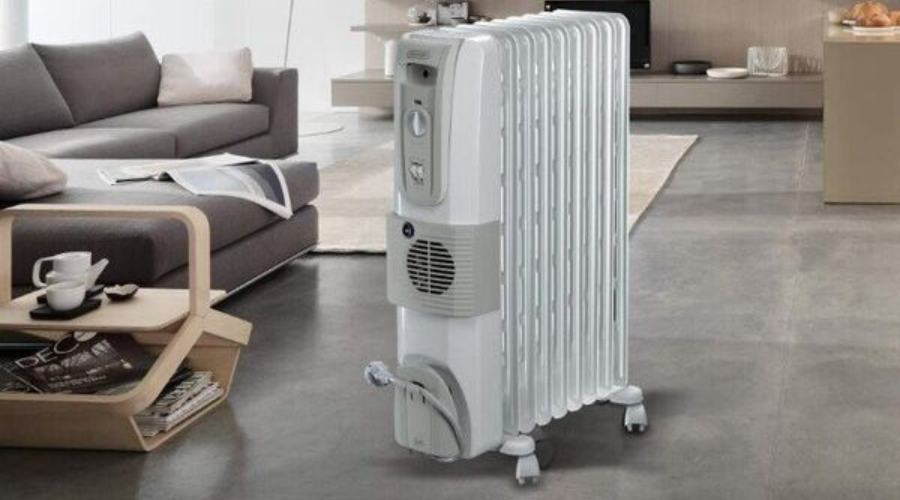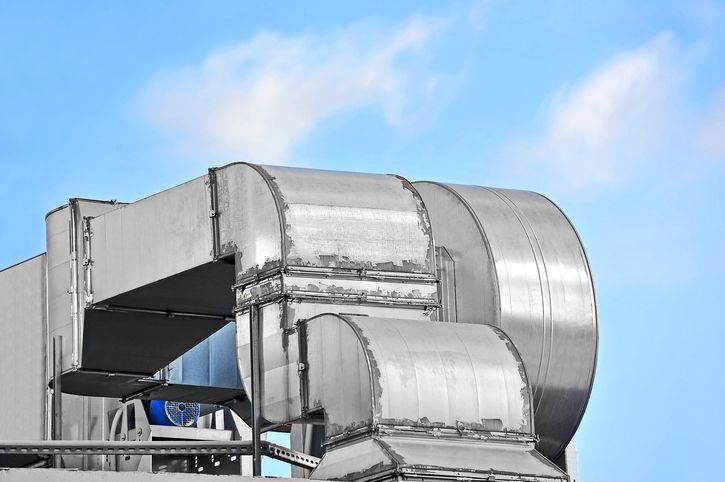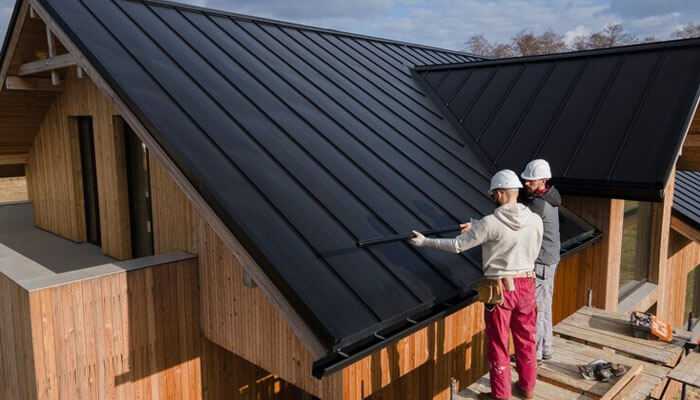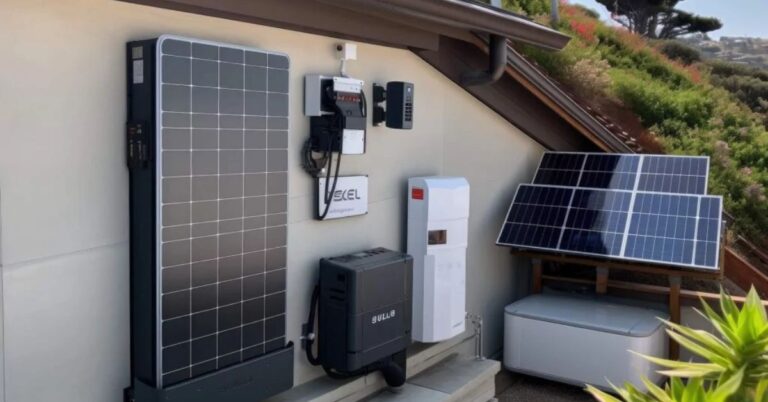Heating Your Home Efficiently: The Role Of Oil Heaters
I. Introduction
Efficient heating is not just a luxury; it’s a necessity, especially in colder climates where winters can be harsh and unforgiving. Proper heating ensures not only comfort but also contributes to maintaining good health and well-being. Inadequate home heating can lead to discomfort, increased energy bills, and even health issues, particularly for vulnerable groups such as the elderly and children. For more information on the energy consumption of oil heaters, you can visit homeheatinghq.com .
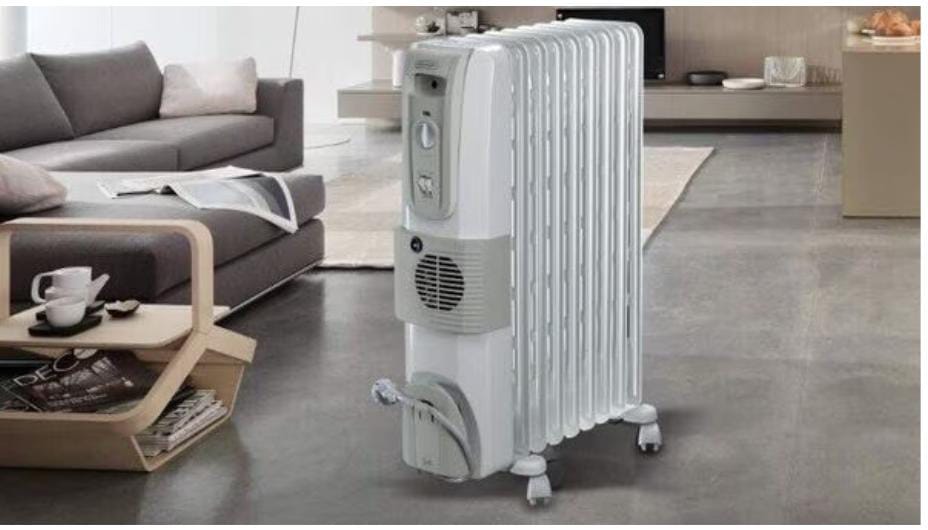
A. Introduction To Oil Heaters And Their Role In Heating Homes Efficiently
Among the various heating solutions available today, oil heaters stand out for their efficiency and reliability. Oil heaters have long been trusted for their ability to provide consistent warmth without causing a significant dent in energy bills. Their versatility and effectiveness make them a popular choice for homeowners looking to combat the chill effectively.
II. Understanding Home Heating Oil Heaters
A. Definition And Basic Function Of Oil Heaters
Oil heaters, also known as oil-filled radiators, are electric heaters that utilize a special type of oil as a heat transfer medium. These heaters consist of metal columns or fins that are filled with oil. When the heater is switched on, the electric heating element inside the unit heats the oil, which, in turn, transfers heat to the surrounding metal surfaces. As the metal surfaces heat up, they radiate warmth into the room, effectively heating the space.
Unlike traditional convection heaters that rely on heating the air directly, oil heaters work through radiant heat transfer. This means they heat objects and people in the room, rather than just the air. As a result, oil heaters provide a more even and consistent warmth without creating uncomfortable drafts.
B. Different Types Of Oil Heaters Available In The Market
Oil heaters come in various shapes, sizes, and designs to suit different heating needs and preferences. Some common types of oil heaters available in the market include:
Traditional Oil-Filled Radiators: These are the classic oil heaters consisting of metal columns or fins filled with oil. They are available in a range of sizes and heating capacities to accommodate different room sizes.
Micathermic Heaters: Micathermic heaters combine the benefits of oil-filled radiators with the rapid heating of convection heaters. They use a combination of oil and mica stone to generate heat quickly and efficiently.
Panel Heaters: Panel heaters are slim and lightweight oil heaters designed to be wall-mounted for space-saving heating solutions. They are ideal for smaller rooms or areas where floor space is limited.
Oil-Filled Heater with Fan: Some oil heaters come equipped with a built-in fan to help distribute heat more evenly throughout the room. This type of heater is particularly effective for larger spaces or rooms with poor insulation.
Oil heaters offer an effective and efficient solution for heating homes, providing consistent warmth without breaking the bank. Understanding the different types of oil heaters available can help homeowners make an informed decision when selecting the best heating solution for their needs.
III. Factors Influencing Efficiency
Efficient heating isn’t just about the type of heater you choose; it’s also influenced by various factors within your home. Understanding and optimizing these factors can significantly enhance the efficiency of your heating system, saving you money and reducing energy consumption.
A. Insulation: Importance Of Proper Insulation For Efficient Heating
One of the most critical factors affecting the efficiency of your heating system is the level of insulation in your home. Proper insulation helps to minimize heat loss, ensuring that the warmth generated by your heater stays inside, where it’s needed. Without adequate insulation, a significant amount of heat can escape through walls, windows, doors, and the roof, leading to increased energy consumption and higher heating bills.
To maximize the efficiency of your oil heater, consider investing in insulation upgrades for your home. This could include adding insulation to your walls and attic, sealing gaps and cracks around windows and doors, and installing double-glazed windows. By improving your home’s insulation, you can create a more comfortable indoor environment while reducing your reliance on your heater.
B. Thermostat Settings: Setting The Thermostat For Optimal Energy Consumption
Proper thermostat settings play a crucial role in optimizing energy consumption and maintaining a comfortable temperature in your home. Setting your thermostat too high can result in unnecessary energy waste, while setting it too low can lead to discomfort and higher heating bills. Finding the right balance is key to maximizing the efficiency of your oil heater.
For optimal energy savings, consider programming your thermostat to lower the temperature when you’re asleep or away from home and raising it when you’re active indoors. Many modern thermostats offer programmable and smart features that allow you to create customized heating schedules based on your lifestyle and preferences. By taking advantage of these features, you can ensure that your oil heater operates efficiently without sacrificing comfort.
C. Maintenance: Regular Maintenance To Ensure Peak Efficiency
Regular maintenance is essential for keeping your oil heater running smoothly and efficiently. Over time, dust, dirt, and other debris can accumulate inside the heater, reducing its effectiveness and energy efficiency. Additionally, worn-out or faulty components can cause your heater to work harder than necessary, leading to increased energy consumption and potential breakdowns.
To maintain peak efficiency, schedule regular maintenance checks for your oil heater, including cleaning the exterior surfaces, inspecting and replacing air filters, and lubricating moving parts as needed. It’s also essential to have your heater serviced by a professional technician annually to address any underlying issues and ensure optimal performance.
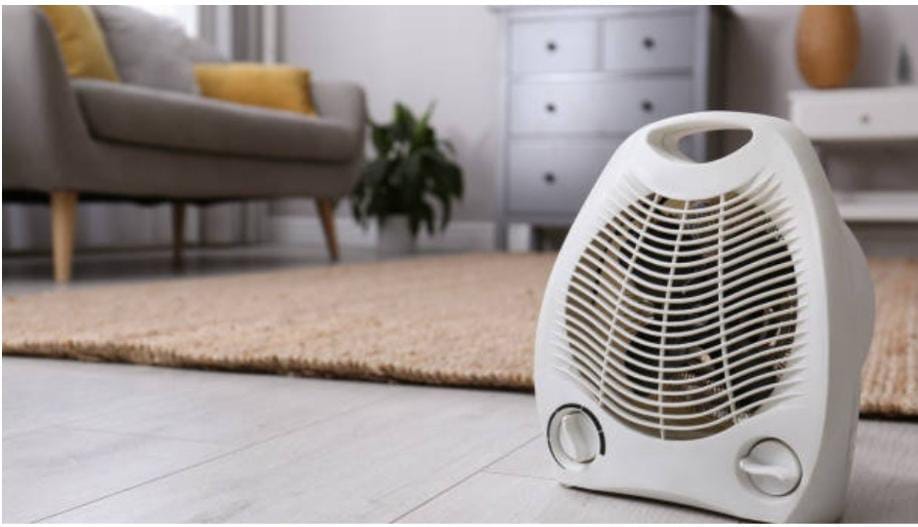
IV. Benefits Of Using Oil Heaters
A. Energy Efficiency: How Oil Heaters Compare To Other Heating Options
One of the key advantages of oil heaters is their energy efficiency. Unlike traditional electric heaters, which rely on heating the air directly, oil heaters use radiant heat transfer to warm objects and people in the room. This results in more even and consistent heating with lower energy consumption.
Additionally, oil heaters retain heat well, allowing them to continue radiating warmth even after they’ve been turned off. This means that you can enjoy a comfortable indoor environment without having to keep your heater running constantly, further reducing energy usage and lowering your heating bills.
B. Cost-Effectiveness: Analyzing The Cost Benefits Of Using Oil Heaters
In addition to their energy efficiency, oil heaters are also cost-effective heating solutions. While the initial purchase price of an oil heater may be higher than that of a traditional electric heater, the long-term savings on energy bills can more than offset the upfront cost.
Furthermore, oil heaters require minimal maintenance and have a longer lifespan than many other types of heaters, reducing the need for costly repairs and replacements. With proper care and maintenance, an oil heater can provide reliable and efficient heating for many years, making it a worthwhile investment for homeowners looking to save money on their heating costs.
Oil heaters offer numerous benefits, including energy efficiency, cost-effectiveness, and reliable performance. By understanding the factors that influence their efficiency and taking steps to optimize their operation, homeowners can enjoy a comfortable indoor environment while minimizing their energy consumption and heating expenses
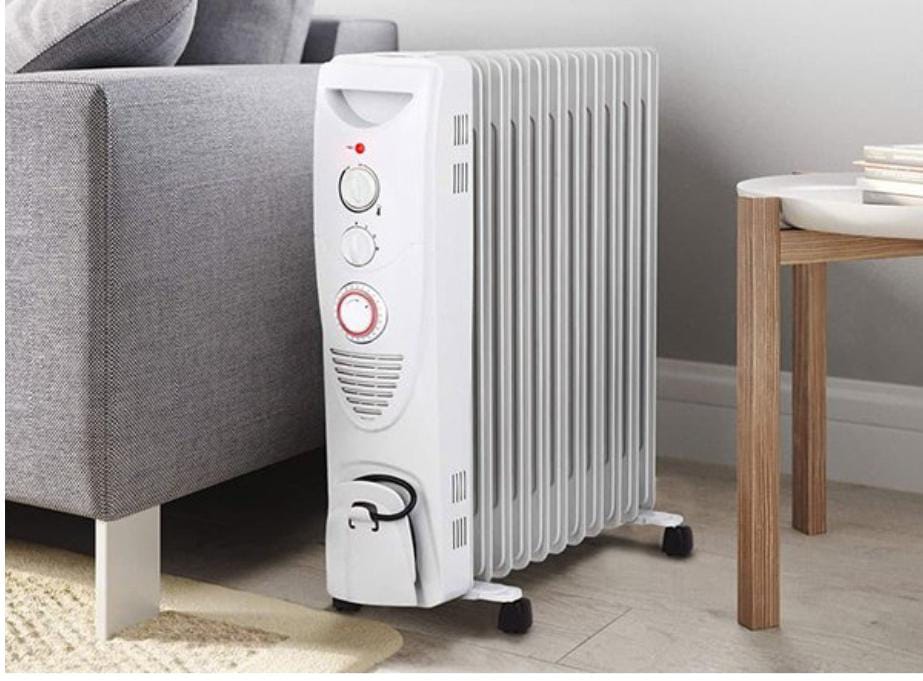
V. Conclusion
Many different types of home heating systems have been developed over the years, each with its own advantages and drawbacks. However, one type of heating that has gained popularity in recent years is oil heaters. These heaters have become a top choice for homeowners due to their efficiency and affordability. According to this article from housebouse.com, oil heaters are able to convert almost 100% of the energy they consume into heat, making them incredibly efficient. The use of advanced technology, modern oil heaters can provide a comfortable and even heat distribution throughout the entire room.
Frequently Asked Questions (FAQ)
Q: What are oil heaters, and how do they work?
Oil heaters are portable heating devices that use electricity to heat oil, which then radiates heat into the surrounding area. They’re efficient because the oil retains heat well, even after the heater is turned off.
Q: Are oil heaters energy-efficient?
Yes, oil heaters are generally considered to be energy-efficient. They provide consistent heat for longer periods compared to some other types of heaters, reducing overall energy consumption.
Q: How can I maximize the efficiency of my oil heater?
Ensure proper insulation in your home to minimize heat loss, set the thermostat to an appropriate temperature, and use programmable features to regulate heating according to your schedule. Keep the heater clean and well-maintained.
Q: Are oil heaters safe to use?
Yes, oil heaters are safe when used correctly. They typically have safety features such as automatic shut-off if they overheat or tip over.
Q: Do oil heaters require maintenance?
Yes, like any heating appliance, oil heaters require regular maintenance for optimal performance. This may include cleaning the unit, checking for wear or damage, and ensuring proper ventilation.
Stay in touch to get more news & updates on Discover Tribune!
